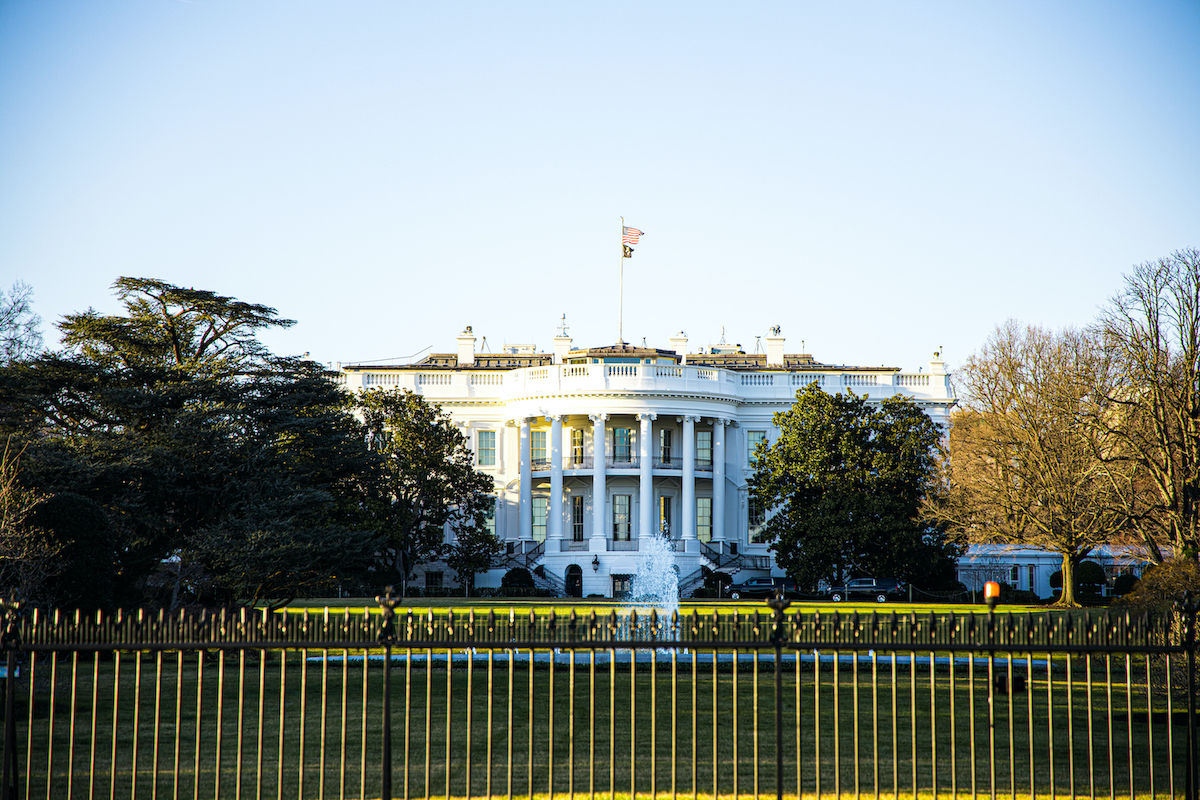Blog
October 15, 2020
How (Not) To Get a Job in an Administration: Five Lessons From Transition Experts
By Alex Tippett and Carter Hirschhorn
With less than three weeks to go before the presidential election, job seekers for either a Trump second term or a Biden first term are dusting off their resumes and positioning themselves for potential appointments.
During our Transition Lab podcasts, a number of transition veterans detailed some of the least productive approaches for prospective job candidates. The following is a list of five lessons derived from these conversations. If you stick to them, you can reduce the possibility that your resume ends up in the recycling bin!
Avoid overwhelming the transition team
Prospective appointees sometimes think the best way to get a job is to have all their friends call the transition team or the White House personnel office with words of support. Don’t do it!
During a transition and in the early days of an administration, there can be anywhere from 150,000 to 300,000 applications for presidentially appointed positions. Unnecessarily adding to that workload will not make you any friends.
Liza Wright, who directed the Office of Presidential Personnel (PPO) under President George W. Bush, said, “To have all of these people start berating the office with phone calls and things like that…is not a good approach.” Jonathan McBride, who ran PPO under President Barack Obama, added, “If somebody can speak to the substance of what you can do or your acumen…that’s great. Twenty people saying that they like you does not help. And it becomes a judgment question after a while. If you approach this [job search] this way, when you’re acting on behalf of the president of the United States, are you going to show similar poor judgment?”
Job applicants should wait until after the election to send in their resume. Right now, you should secure letters of recommendation and start filling out the necessary clearance and disclosure forms. Carefully calibrate the way you demonstrate your support.
Stay out of the press
There is always a temptation for job seekers to audition in the media. This is a mistake. Press stories can create headaches for the transition teams and distract from the only campaign that matters—the presidential campaign.
Speaking with reporters Nancy Cook and Andrew Restuccia about their transition coverage, Transition Lab host David Marchick pointed out that “the lesson here for someone who wants to get a nomination is not to be in one of these stories because you might have a better chance of getting the job if you’re not in the story.”
Don’t be presumptuous
For every job in an administration, there are dozens if not hundreds of qualified applicants. Even if you have served before, there is no guarantee you will get the job you want. Ironically, accepting that reality might increase your chances of getting a job.
According to Michael Froman, who led the Obama 2008-2009 transition personnel effort, “People who came in and said, ‘I am the greatest expert in this area…where do I fill out my employment forms,’ usually did not get hired.” Froman said. “The more successful approach was to make clear that that you were low maintenance,…that there were a variety of positions that you could envisage yourself doing, that you were not insistent on necessarily being the top person in any agency, but you were willing to play whatever role the president-elect felt was appropriate for you.”
Don’t show up unprepared
While you should not assume you will get a specific job, you should have a sense of what types of jobs you are interested in.
“I always tell people to do your homework,” Wright said. “It’s so helpful if someone has gone to this kind of taking the steps to really research what positions in the government they’re interested in, what they believe they’re qualified for.”
Doing this legwork will show you are committed and thoughtful, and that might just win you some friends. Coming unprepared, however, might cost your resume a second look.
Don’t wait until your nomination hearing to be honest – disclose all information from the start
Potential nominees should be straight-forward with the transition team. Clay Johnson, who led George W. Bush’s personnel operation during the transition and also served as PPO director, told candidates, “I’m expecting total honesty from you…and if it turns out you have problems or conflicts, and you aren’t able to serve, you have to know that we’re going to drop you like a hundred-pound weight.”
What should you do pre-election? Support your preferred candidate and get ready. Part of this process involves familiarizing yourself with financial and ethics forms and preparing those materials so you are ready if the next administration would like you to serve. If you have questions about these forms, consider registering for our October 21 Ready to Serve webinar about financial disclosures, or viewing our previous two sessions on YouTube.



